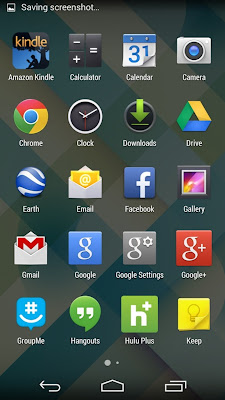One of the designers of the first PC seems to think so:
IBM PC daddy: 'The PC era is over'
Chucks own invention into vinyl record bin
One of the dozen engineers who designed the original IBM PC, which celebrates its 30th anniversary on Friday, says that the reign of the personal computer is coming to an end.
"They're going the way of the vacuum tube, typewriter, vinyl records, CRT and incandescent light bulbs," writes IBM's Middle East and Africa CTO Mark Dean in a company blog post.
"When I helped design the PC," Dean writes, "I didn't think I'd live long enough to witness its decline. But, while PCs will continue to be much-used devices, they're no longer at the leading edge of computing."
Dean, who now uses a tablet as his "primary computer", believes that computing is no longer centered around devices, but instead on people's interaction with them.
"These days," he writes, "it's becoming clear that innovation flourishes best not on devices but in the social spaces between them, where people and ideas meet and interact."
It is, of course, to be noted that Dean is toeing the company line. IBM is extricating itself from making devices, and through its Smarter Planet initiative is focusing more on outcomes and usage models than mere hardware. [...]
I got a close look at an Acer A500 tablet the other day, when I was helping one of our customers connect it to our wi-fi. He was a 31 year old, and quite enthusiastic about it and it's features.
It only has 1 gig of memory. It can do most things like internet browsing, email, social media, etc. He says he can even pay bills on-line with it.
Still, I doubt it can run QuickBooks yet, and even if it could, I want a real keyboard and a large screen, not a touch pad. I think you can plug a larger screen into it, and perhaps a real keyboard too.
Anyhow, it seems to be mostly about portability and the touchpad, two things I don't need. It seems almost like a cross between a smart phone and a netbook. I don't see how a serious computer user could use it as their "primary" computing device.
But of course, this is only the beginning. I've already read about more powerful versions in the works; I don't doubt that their popularity will continue to grow, along with their capabilities. But in the end, won't they just be PC's that are lighter, more portable, and easier to use? More like the next step in the evolution of the PC, rather than the end of it.










